Years ago, I saw a wonderful movie called “Other People’s Money.” If you haven’t seen it, I highly recommend you do, especially the monologues in the last 20 minutes of the film. Really first-class lessons in economics and capitalism encoded into a movie.
At one point in the movie, a merger and acquisition specialist (played by Danny DeVito) uses this (paraphrased) example to explain how technology changes our lives:
You know, at some point in our history there was probably a company that made buggy whips. And they might have made the best darned buggy whips in the world. But would you put your hard-earned money today into a company that makes buggy whips? Of course not, technology has made them obsolete.
Unfortunately, we’re still dealing in buggy whip ideas, even in 2020.
Very late on Friday night, Dec. 11, 2020, a bill called the No Surprises Act was introduced and passed through several important Congressional committees. This bill was designed to help take the consumer out-of-network disputes between insurance companies and medical providers, holding the consumer harmless in that process. An admirable pursuit.
Sadly, the method chosen by the Congressional committee members for resolving the dispute is a complete throwback to a labor-intensive process that, when used at the state level, has driven up insurance premiums a lot. This manual resolution method is called arbitration. It’s the buggy whip solution to the surprise billing problem.
Why? I’ve got a ton of detail in the following articles I would encourage you to peruse, but at its core, the bill would require insurance companies to manually negotiate up to 37 million bills per year. That number, by the way, is Kaiser Health Foundation’s estimate of the total amount of surprise bills that happened in 2018 – ONLY from ER visits and surgeries, by the way. The actual number is likely much higher. With arbitration, all those bills would have to be processed manually. Manually. At around $500 a pop! And guess who gets to pay for that? Yep, it’s you, in the form of higher premiums to cover those added costs!
Even worse, arbitration encourages the healthcare providers around you, even the ones you see when you go to an in-network hospital or outpatient center, to stay out of your network! All the wrong incentives are wrapped up into this one bill.
A modern solution would be to set a negotiated, agreed-upon index rate to pay providers for ALL out-of-network medical bills. Paying this way could be automated at essentially zero added cost to everyone. One negotiation would apply to all 37 million transactions. A modern solution that would likely NOT raise your insurance rates.
You can read all about the surprise billing issue in these articles below.
So, what can you do? This is a good time to reach out to your representatives and tell them “vote NO on the No Surprises Act” because you don’t want to pay more in premiums for an obsolete solution to a modern problem!
Straight Talk is taking a couple of weeks off. We’ll be back to keeping you informed about the latest in healthcare policy in 2021.

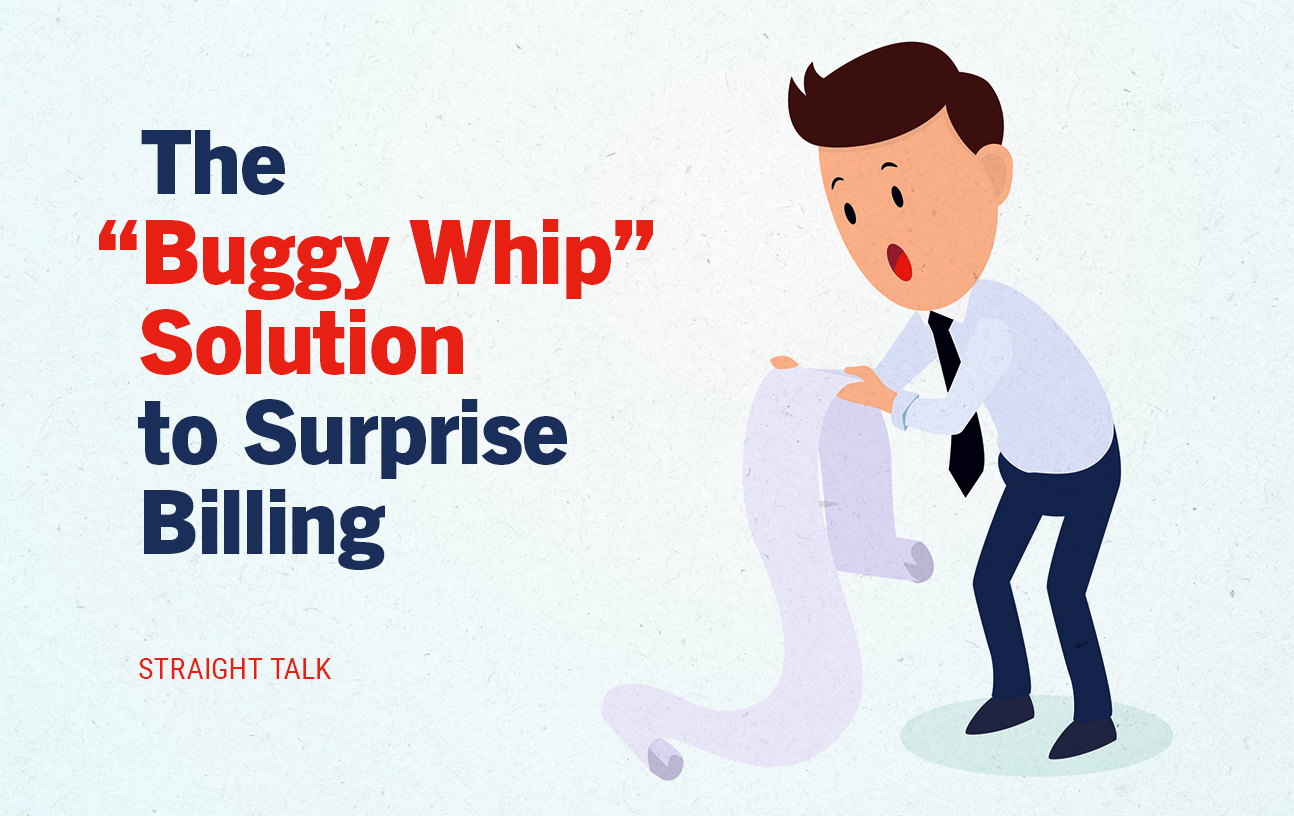

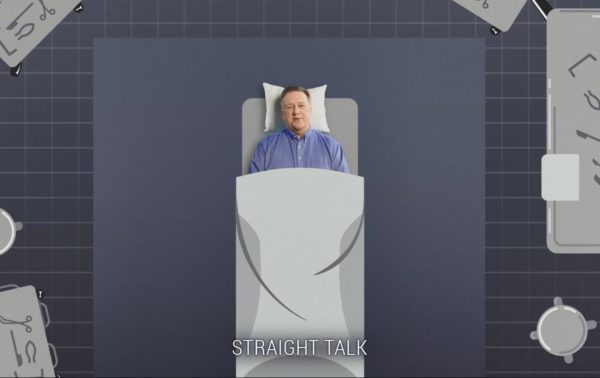
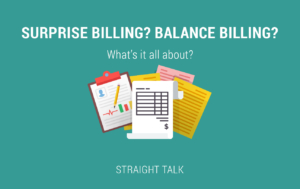
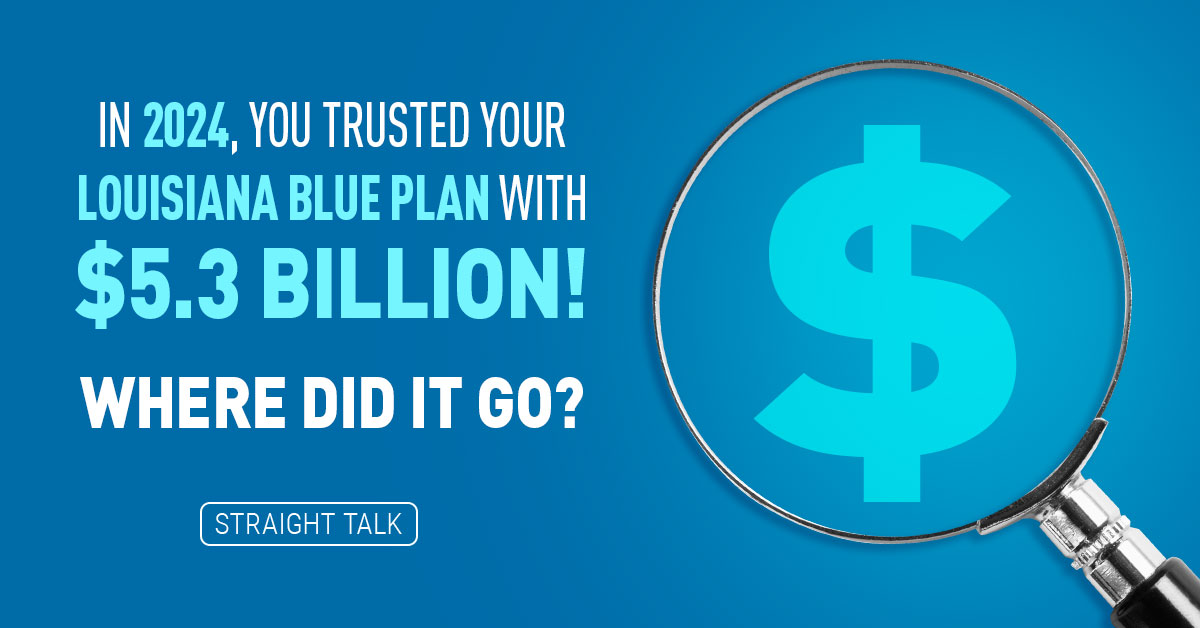
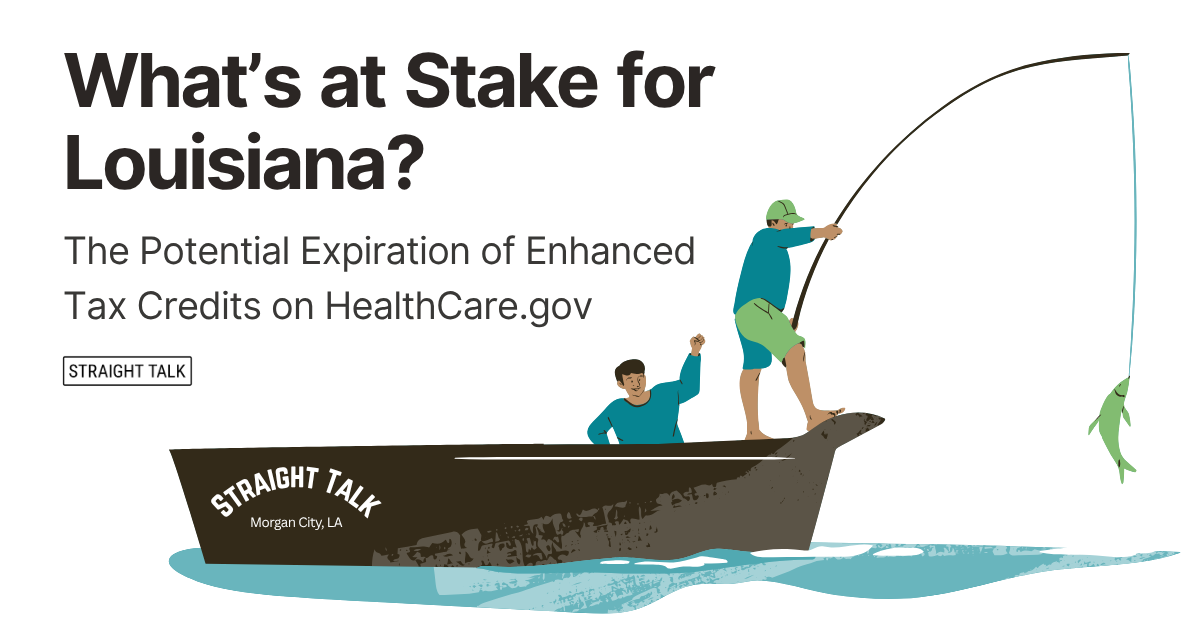
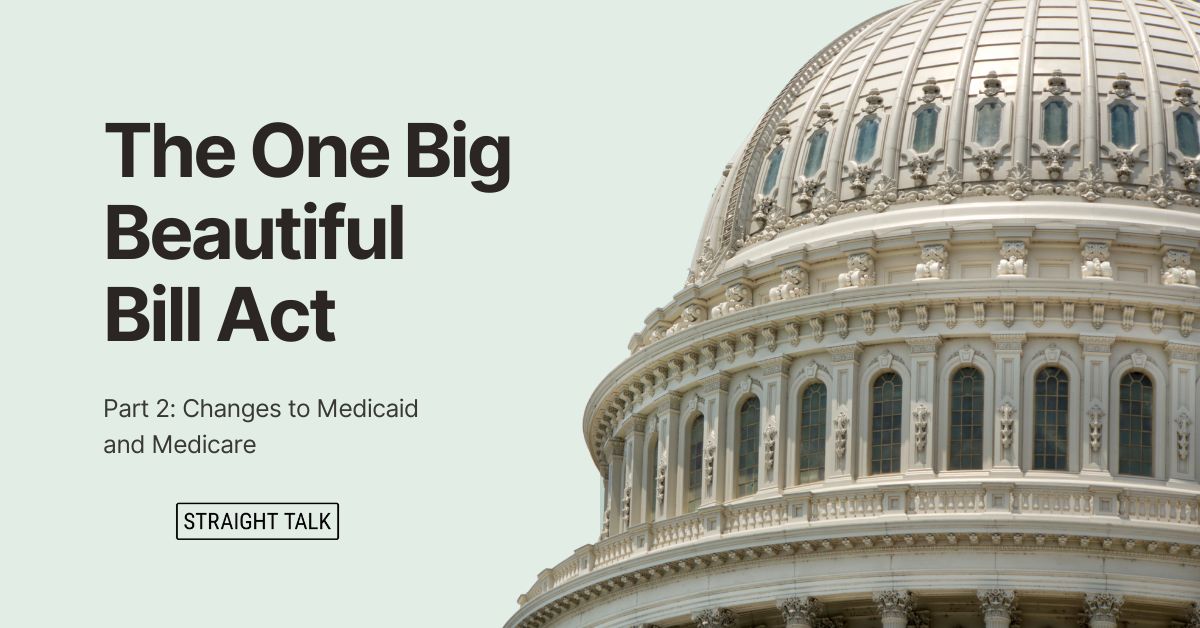
One of the few times I disagree with you. The bulk of the complaints I get are from people going to an in network hospital and being treated by an ER physician not in network. Sorry but this is an issue that is not the consumers fault. It needs to stop. It needs to stop yesterday and it is the job, of carriers, hospitals and physicians to find a solution. It doesn’t seem too tough to me. Just make it law the physicians accept a lower fee or not work in an ER. All the plans pay the ER physicians what most people would consider VERY fairly. I promise the ER physicians won’t be ruined financially. The poor consumer who gets the “surprise bill” just might.
Wayne! thanks for your well thought out response!
I’m not actually sure we disagree on this issue. I am in TOTAL agreement that consumers are being preyed upon by medical business models that thrive on avoiding network membership at any price. I also agree that this is not the consumer’s fault and that it needs to stop.
The article was written in opposition to “manual arbitration” as a solution to ambush billing. In that arbitration process, nobody knows ahead of time how much the Doc is going to get paid, the bill has to be manually negotiated by a paid, 3rd party middleman who has to work through a state or federally approved process. Arbitrations can take weeks, and cost up to $500 per incident in ADMIN costs, even before the Doc gets paid $1. I call this the “buggy whip” solution because it is arcane, labor intensive, and expensive.
The modern solution would be some sort of index that is agreed upon by government ahead of time, so that the appeals/ambush billing process could be automated and the consumer held harmless. It runs even more smoothly if you put a floor under it, say appeal ambush bills over $500 or something similar.
Kaiser says that just in the ER and inpatient surgery arenas, over 37 MILLION bills a year are ambush bills that were from an unexpected out of network medical provider. That’s just wrong. The answer isn’t to manually arbitrate ’em all, it’s to agree to an index rate, say a % of Medicare for example, and automate that process so it goes quickly and the consumer gets taken out of the process.
That’s what we are for, and against in the article. Sorry I didn’t make that more clear.
Cheers!….mrb